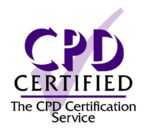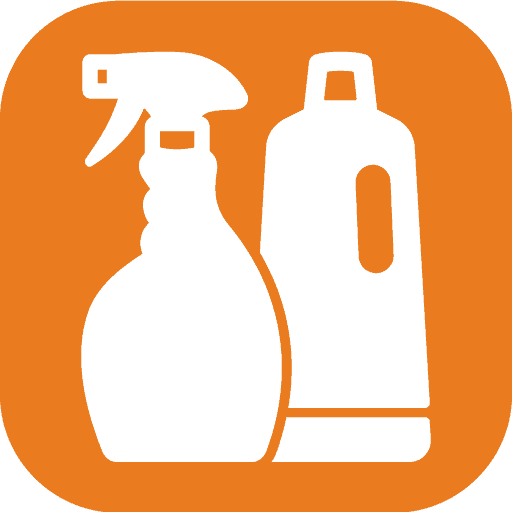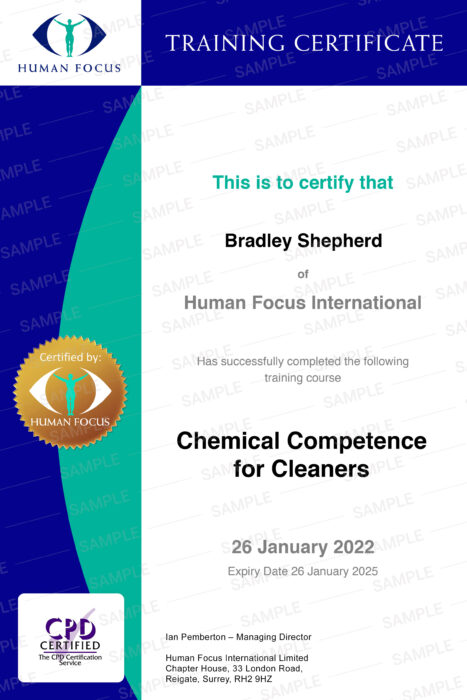Description
Best Health and Safety Training Provider
It was not until 2014 that I felt comfortable defending claims.
Prior to then I defended on best terms basis. Since then we have been able to defend claims due to extent of the Human Focus health & safety training records.







